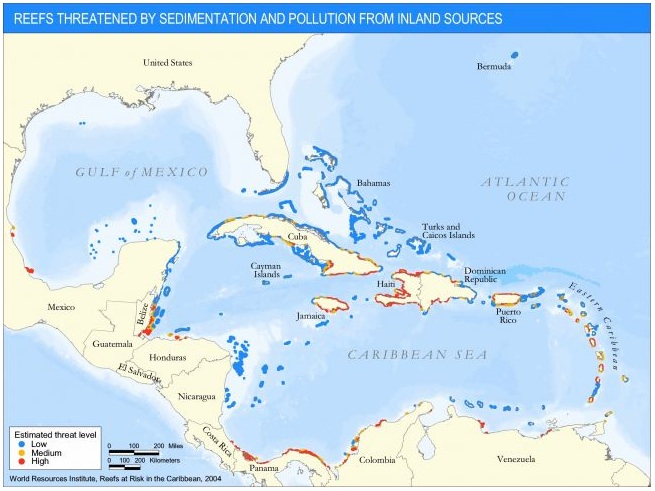Economics plays a huge role in modern civilization. But the majority of us hit the snooze button at parties when the subject comes up. Not many people enjoy to sit there and discuss the ins and outs of economic growth. And how each country develops its own way of placing monetary value on what they use. However, there is such a thing called the “blue economy” which explores how we find value in our ocean environments.
Yes, it’s a bit weird to think about the exact value of a reef, but what this concept does is flush out the ranges of economic use for marine resources, like energy, tourism, shipping, and aquaculture. This has immense value for the future of ocean health and vitality. Because as economies grow, use of resources grow alongside them. Keith Lawrence states that when we talk about “blue economy” what they are specifically saying is, “managing the ocean in a way that it’s healthy and continues to benefit people.”

Humans have relied on our primordial ooze for millennia. Many imagining the ocean as expansive and an infinite supply of food, but that is not the case. Climate change paired with industrial fishing have caused those ‘infinite supplies’ to dwindle. The ocean, however, is so much more than the food that it provides and one area where the “blue economy” shines is in marine tourism. This is where we place value on that humpback whale your cousin saw last August.
The Blue Economy – “Use values” vs. “Non-use values”
 Whale watching, in particular, provides a fairly unique way of explaining the “blue economy” as the values can be very different depending on who you are talking to. When we talk about value, we are specifically discussing the “use values” and “non-use values” of an animal or item. In this case, whales historically were valued for meat and blubber. However, now we have created higher values commercially that provide a more sustainable and ethical look at the value of a whale.
Whale watching, in particular, provides a fairly unique way of explaining the “blue economy” as the values can be very different depending on who you are talking to. When we talk about value, we are specifically discussing the “use values” and “non-use values” of an animal or item. In this case, whales historically were valued for meat and blubber. However, now we have created higher values commercially that provide a more sustainable and ethical look at the value of a whale.
The “use value” here is that people will pay to spend hours on a boat to get a look at a breaching whale. The “non-use values” are slightly more complicated. In this case, if you never go on a whale watching tour but you still care that there are humpback whales in the wild, you’ll still care enough to make decisions to save them. This concept can get a little controversial.
Many people cringe at the thought of reducing  everything down to a number. But the truth is, we deal in numbers constantly and we make these decisions daily. When you decide to allow mining in one area but not in another based on beautiful coral reefs, you are placing a higher value on those reefs. The “blue economy” actually focuses more on the people, not the ocean. When you understand what a person values most, you can use that to help provide protection and conservation for the ocean as a whole. And this is how we will be able to manage the ocean in a way that it’s healthy and continues to benefit people.
everything down to a number. But the truth is, we deal in numbers constantly and we make these decisions daily. When you decide to allow mining in one area but not in another based on beautiful coral reefs, you are placing a higher value on those reefs. The “blue economy” actually focuses more on the people, not the ocean. When you understand what a person values most, you can use that to help provide protection and conservation for the ocean as a whole. And this is how we will be able to manage the ocean in a way that it’s healthy and continues to benefit people.


